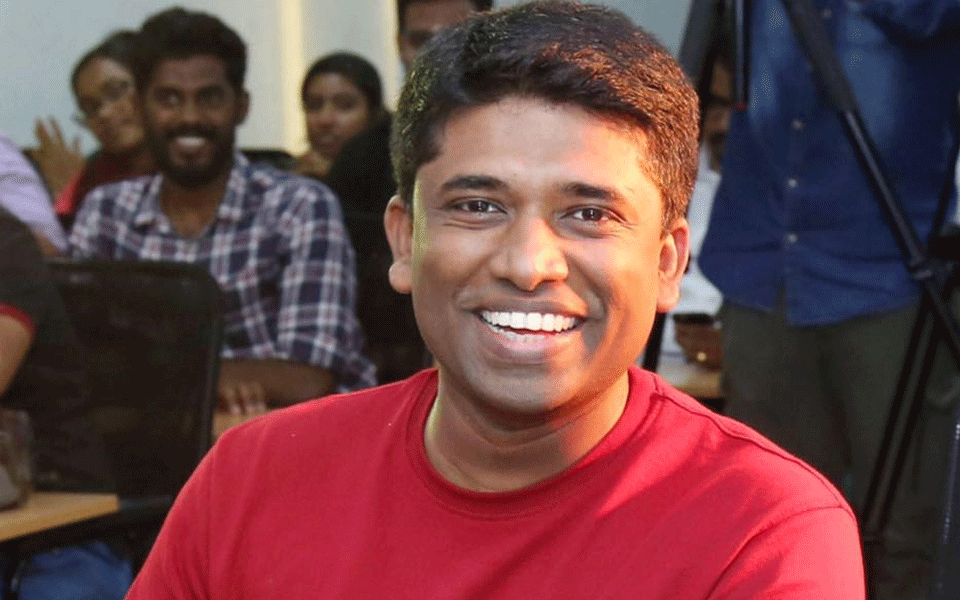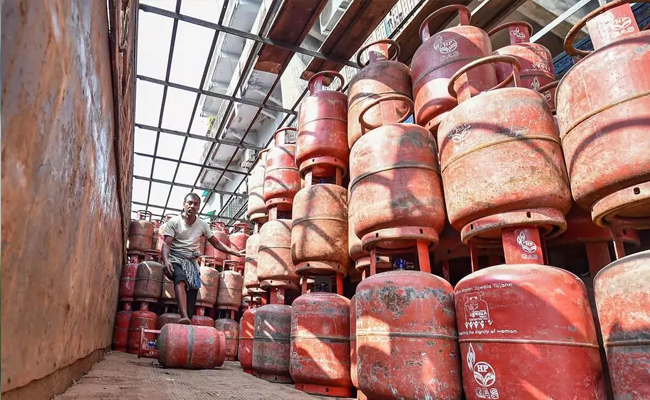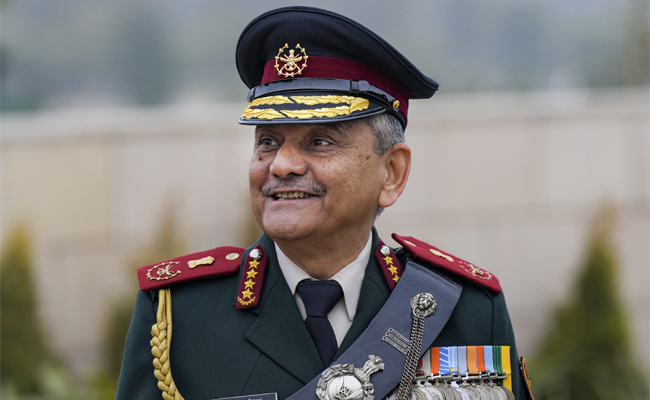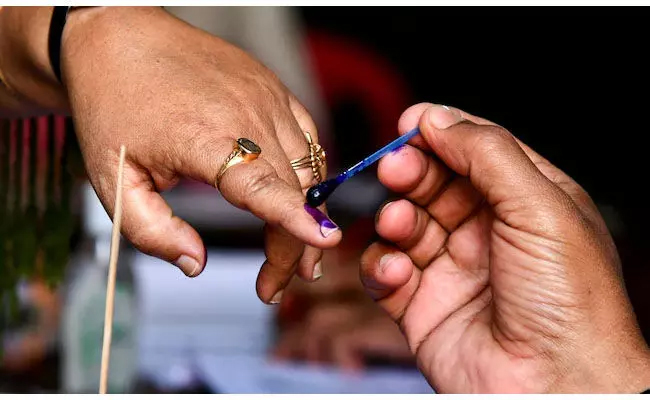Ahmedabad: The government has asked IAS officer Kannan Gopinathan, who quit the elite service eight months ago "over denial of freedom to the people of Jammu and Kashmir", to immediately join duty in the wake of COVID-19 pandemic but the bureaucrat said he won't resume work.
The government has asked Gopinathan to join duty on the ground that his resignation has not been accepted yet.
Gopinathan termed this as as act of harassment by the government and refused to join duty, saying he is ready to volunteer his service to people during the COVID-19 crisis but not as an IAS officer.
Owing to imposition of curbs in Jammu & Kashmir after revocation of Article 370 and bifurcation of the state in Union Territories in August last year, Kannan had resigned in protest as IAS officer from the adjoining UT of Daman and Diu.
It has been almost 8 months now since my resignation. Only thing the Govt knows is harassment. Of people & of officers.
"I know that they want to harass me further. But still, I offer to volunteer for the govt in these difficult times. But not rejoining IAS, Gopinathan tweeted on Thursday night, posting a photo of his official response to the government.
The letter sent to Gopinathan by the government on the direction of the Administration of Daman, Diu and Dadra Nagar Haveli said, a resignation becomes effective when it is accepted and a government servant is relieved of his duty.
You were directed to continue to attend your assigned duties, but till date you have not reported for duties of this UT administration".
Further, coronavirus has been declared as a pandemic and NDMA, under the Disaster Management Act, 2005, has directed all Ministries /Departments of Government of India, state governments and state authority to take measures to prevent the spread of COVID-19 in the country, the letter said.
Therefore, you are hereby directed to report for duty immediately, the letter said.
In his response to the order, whichGopinathan has put up on Twitter, he said, In this regard, let me clarify that I have resigned from the Indian Administrative Service close to eight months back, in August 2019, and accordingly the government has also not processed my salary since then.
"Hence, I am under no obligation to reply. As a responsible citizen, I extend all my services to the people of Dadra and Nagar Haveli and Daman and Diu during this disaster."
The 33-year-old bureaucrat said he is ready to help people as a common citizen.
"But as I have already resigned from IAS, my services won't anymore require the tag of an IAS officer, or the perks and salary that it entails.
"I provide my service voluntarily as a free and responsible citizen of this country, the letter by Kannan to the government read.
Gopinathan had resigned to protest "denial of freedom to the people of Jammu and Kashmir" following scrapping of Article 370 by the NDA government, which had also imposed communication curbs on the erstwhile state, including on the Internet, and ordered detention of prominent leaders.
A week after his resignation, the government had asked him to join duty, a directive he ignored. This is the second time Gopinathan has been asked to join duty.
Let the Truth be known. If you read VB and like VB, please be a VB Supporter and Help us deliver the Truth to one and all.
Thane (PTI): Authorities have seized illegally stored 1,839 gas cylinders and seven vehicles worth over Rs 67 lakh in the Dombivli MIDC area of Thane district, officials said on Saturday.
A special vigilance team of the Mumbai Rationing Department detected an illegal storage of domestic and commercial LPG cylinders in Phase-2 of Dombivli (East).
Cylinders belonging to multiple gas agencies were found stockpiled in closed vehicles, unauthorised warehouses, and open sheds without mandatory permissions from the Explosives Department, Fire Department, or oil companies, according to an official release.





